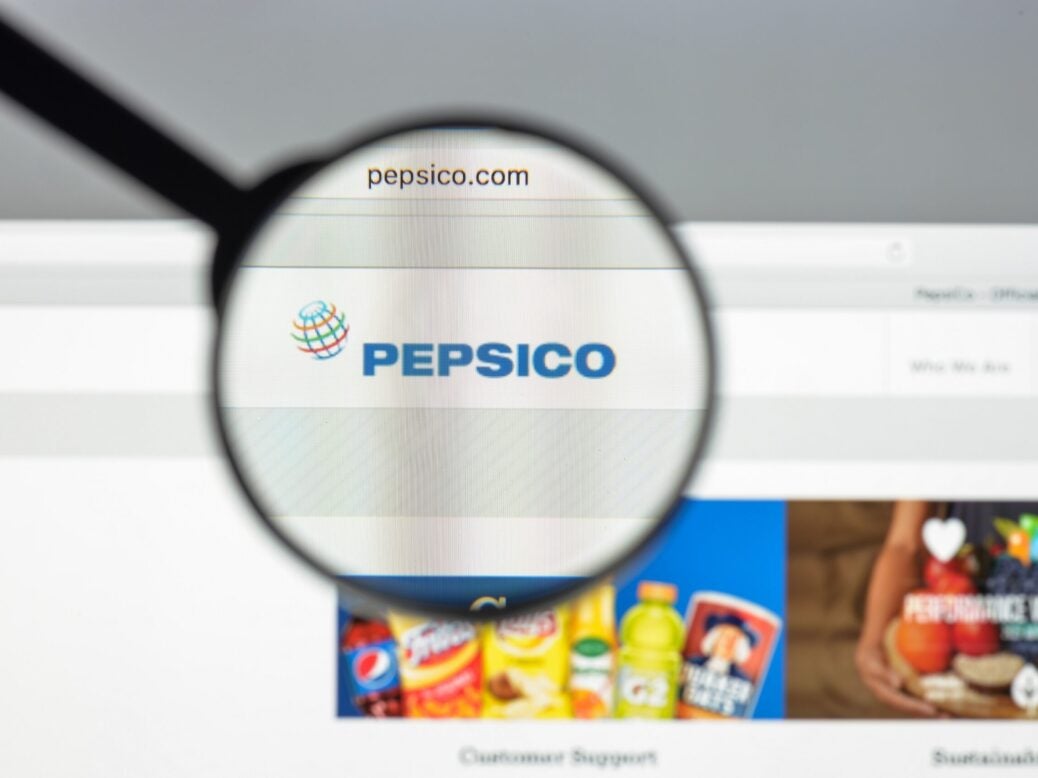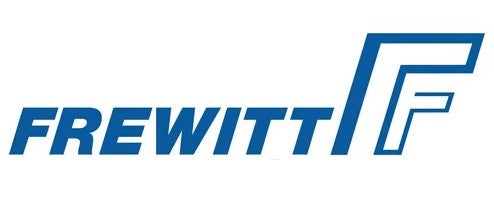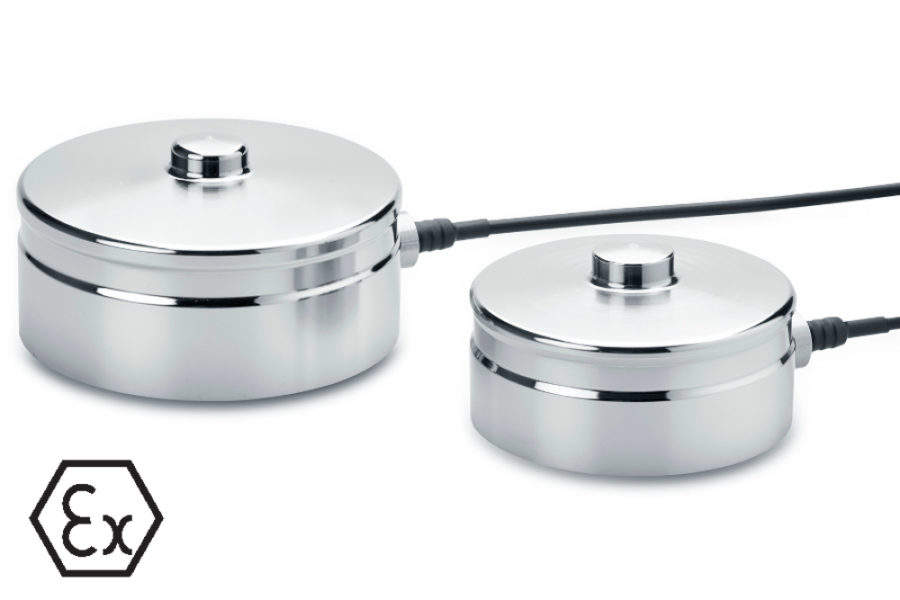
PepsiCo is investing US$100m in automated systems at its Popești-Leordeni snacks factory in Romania, potentially doubling the site’s production capabilities.
The funding will go towards the construction of three production lines, an automated warehouse and further automation systems at the Popești-Leordeni plant. The work at the factory is expected to be completed by 2024.
The Popești-Leordeni factory lies just outside Romania’s capital Bucharest and has a workforce of roughly 380. The site is 22,500 sq m and is operated by Star Food, which was acquired by PepsiCo in 2006.
“PepsiCo has been operating and investing in Romania for almost 30 years, and we remain committed to advancing our business in the country. As the production hub for surrounding central and eastern European markets, Romania represents a critical market in Europe. High-quality agricultural products and talented people are at the heart of our business growth in the region,” Silviu Popovici, the CEO of PepsiCo’s business in Europe said.
The food and beverage giant has been investing in automation across a number of plants in Romania. Last year, PepsiCo finished a five-year investment project at its Dragomiresti soft-drinks plant in southern Romania. This included the construction of a fully automated warehouse and upgraded production lines. Over the last ten years, PepsiCo has invested roughly US$320m into Romania.
Adrian Lăcătuș, the senior commercial director for PepsiCo’s business for what the company describes as the east Balkans, added: “Since 2020, we have given even more support to local communities and helped many farmers get loans to start businesses, buy agricultural equipment, build warehouses, or buy seeds or fertilizers. We will continue to invest sustainably in the Romanian market for the next five years, enabling PepsiCo Romania to consolidate its production and distribution centre role for many surrounding markets.”
Last month, PepsiCo announced a deal to buy 20% in Carpathian Springs, the owner of Romanian bottled-water business Aqua Carpatica.
Earlier this month, it was revealed that PepsiCo’s Russian-based production of its “global beverage brands” was coming to a halt, as the group’s stock supply of concentrates used in the creation of its Pepsi-Cola, Mountain Dew and 7Up brands had run out.
Hibiscus in soft drinks – a trend that will continue to bloom



